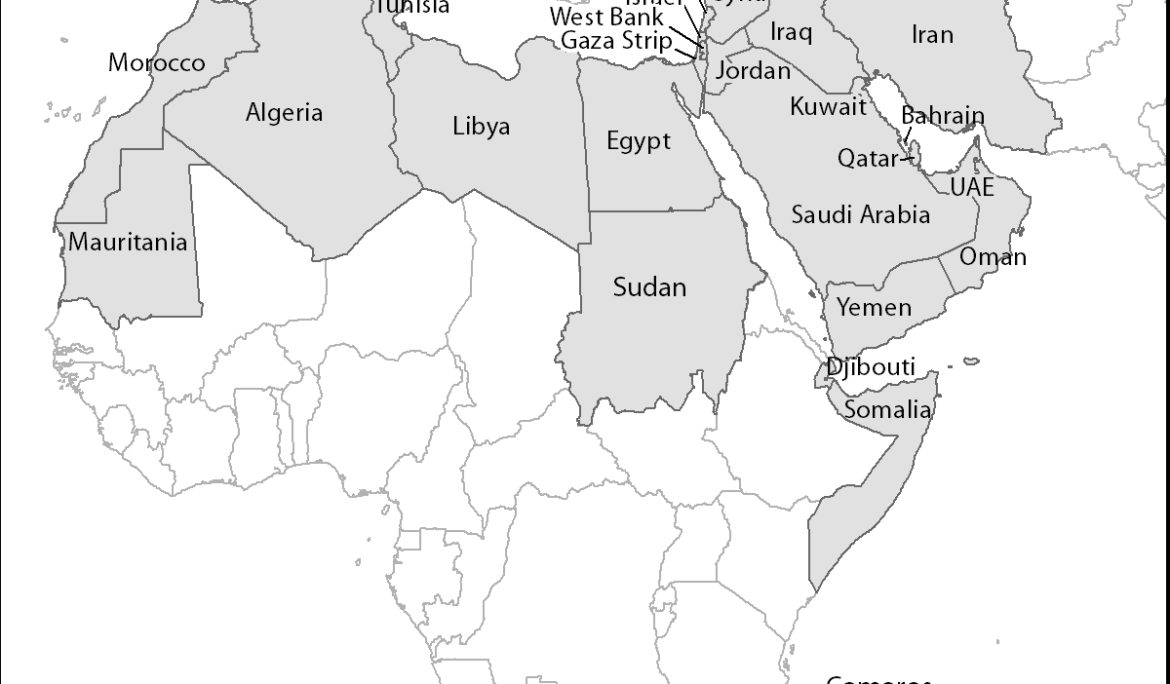Regional security and the Chemical Weapons Convention: Insights for the Middle East (Part 2)
In November 2019, the first annual meeting exploring the possibility of creating a zone exempt of non-conventional weaponry in the Middle East took place. The COVID-19 pandemic forced the postponement of the second meeting in 2020. Conditions permitting, the session is now scheduled for this autumn. Meanwhile, the conference has organised two informal workshops, the second one of which was held virtually on 23-25 February. Entitled ‘Good Practices and Lessons Learned with respect to the implementation of Treaties establishing Nuclear-Weapon-Free Zones’, the workshop’s third session looked at the core obligations governing chemical and biological weapons (CBW). It aimed to glean …
Regional security and the Chemical Weapons Convention: Insights for the Middle East (Part 1)
In November 2019, the first annual meeting exploring the possibility of creating a zone exempt of non-conventional weaponry in the Middle East took place. The COVID-19 pandemic forced the postponement of the second meeting in 2020. Conditions permitting, the session is now scheduled for this autumn. Meanwhile, the conference has organised two informal workshops, the second one of which was held virtually on 23-25 February. Entitled ‘Good Practices and Lessons Learned with respect to the implementation of Treaties establishing Nuclear-Weapon-Free Zones’, the workshop’s third session looked at the core obligations governing chemical and biological weapons (CBW). It aimed to glean …
Do no harm: A 3000-year old medical students’ oath
While doing background research on the history of the conception of disease and its propagation, I came across a translation from Sanskrit of a pledge an Indian medical student had to take more than 2000 years ago. The oath can be found in the Charaka Samhita, one of India’s most ancient texts on medicine. It is believed to have been written around 300–200 BCE, but may have been a redacted version of an earlier, but lost work Ayurveda (Life Knowledge) compiled by Agnivesa about 1000 BCE. The written version handed down through the ages is therefore younger than the Hippocratic Oath …

